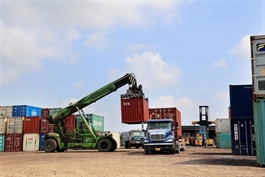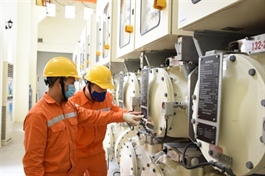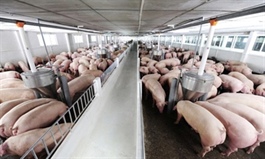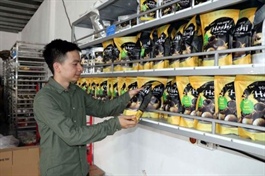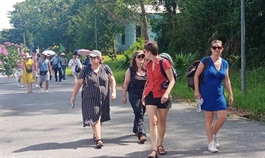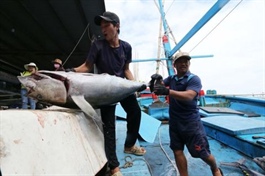VN to step up efforts in building sustainable production and consumption
VN to step up efforts in building sustainable production and consumption
Sustainable resource management and the development of eco-friendly, reusable materials are crucial in building an innovative, circular economy in Việt Nam.
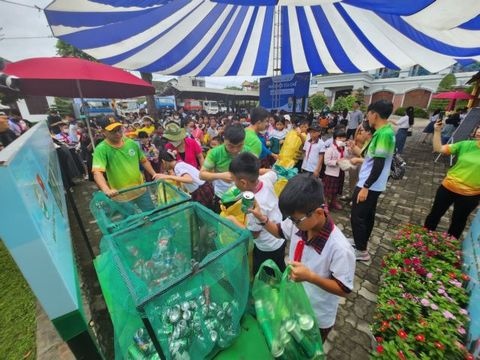
Students in the central city of Huế during a waste recycling campaign organised by the local government in May. — VNA/VNS Photo Mai Trang |
Representatives from various ministries explored the issues during a forum held yesterday in Hà Nội.
The promotion of efficient and sustainable management, exploitation, and use of resources as well as the development of environmentally friendly materials and products that can be reused, recycled, or repurposed are considered vital to Việt Nam's efforts to build an innovative and circular economic model.
The movement is also in line with the newly passed Law on Consumer Protection, which was approved by the National Assembly in June.
"Sustainable production and consumption are long-term processes that require extensive efforts to promote the exchange and sharing of ideas. We must call for collective social efforts to implement changes. The processes require the participation of all stakeholders in society, among which consumers play a decisive role as they are not only beneficiaries but also the driving force and the target for other entities to aim towards," said Lê Triệu Dũng, chairman of the National Competition Commission.
Đỗ Tiến Sỹ, director-general of the Voice of Vietnam, the country's largest radio broadcasting service, said in order to successfully transition to a circular economy model, businesses need to bring changes to product design, increase product and material lifecycles and rebuild the natural ecosystems.
He said the country's production model must focus on enhancing recyclability and reusability, limiting waste generation, promoting responsible consumption and transforming waste into resources.
Quách Tất Liên, vice chairman of the Hòa Bình Province People's Committee, said local governments must stay at the forefront of the movements and provide support to businesses.
Liên said since the beginning of the National Action Programme on Sustainable Production and Consumption for 2021-2030, the northern province has seen significant progress made, including a 60 per cent reduction in the usage of non-biodegradable packaging at local markets, supermarkets, and shopping centres, more than half of all businesses in the province have adopted more environmentally-friendly technologies, and 70 per cent have pledged to stay committed to safe production and supply chains for agricultural and food products.
He added that special attention must be given to supporting small and medium-sized enterprises in key sectors such as agriculture, forestry, aquaculture, construction, consumer goods, mechanical engineering and electronics, especially in forging a link between them and the retail industry.
While promoting a culture of sustainable production and consumption still faces some limitations in Việt Nam due to consumption habits and behaviours among consumers, there have been positive changes in consumer attitudes in recent years.
According to a survey conducted by NielsenIQ in 2023, 49 per cent of participants said they bring their own bags and use reusable bags; 47 per cent only buy necessary items and avoid waste; 45 per cent are conscious of recycling and saving electricity.
It indicated a growing awareness and interest among Vietnamese consumers in adopting more sustainable consumption habits. As consumers become more conscious of their impact on the environment, they are increasingly expecting businesses to implement green initiatives and take tangible actions to improve the environment.









